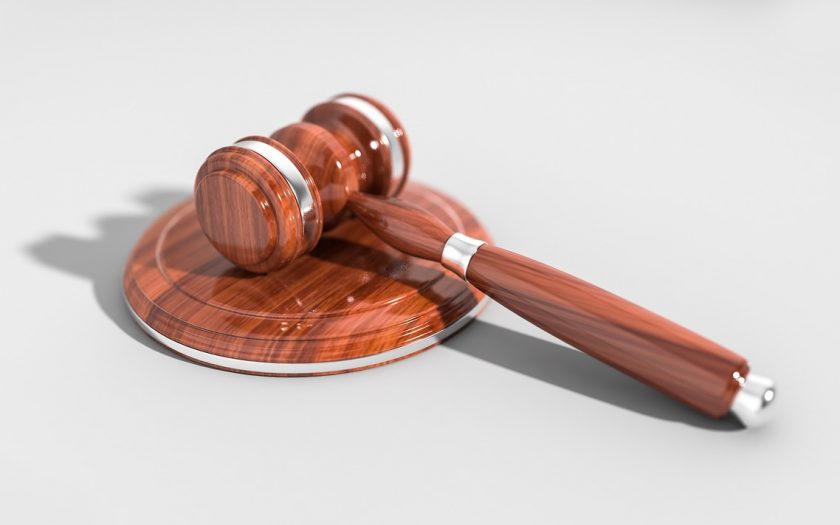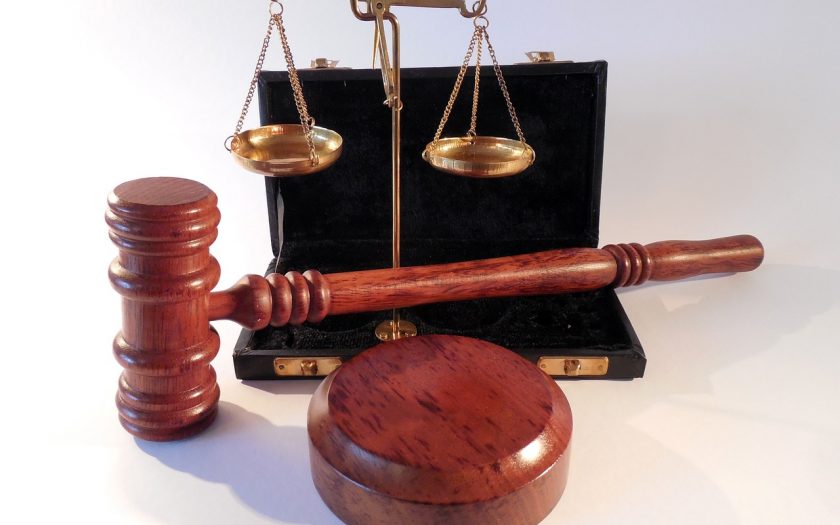Common Sports Law Challenges and Issues Facing Athletes in the World
For athletes, the world of sports can be a very competitive place. But what happens when the competition isn’t just on the playing field? In fact, many athletes around the world are currently facing law issues. It needs to be understood that athletes are expected to abide by certain laws and regulations, like any other members of society making their way to get their rights. For instance, did you know that in the nbc olympics airing schedule, that should be considered a contract of agreement? Or that athletes may be subject to anti-doping regulations or that they may need permission from their home countries before traveling abroad? Many things can happen. So let’s break them down here.
Labor Law
 Athletes, like any other worker, are subject to labor law. This means they have certain rights and protections as employees of a team or organization. For instance, athletes should be aware of wage-and-hour laws, collective bargaining agreements, contract disputes, and anti-discrimination laws when it comes to employment. In the United States, the National Labor Relations Board is the agency in charge of protecting employee rights.
Athletes, like any other worker, are subject to labor law. This means they have certain rights and protections as employees of a team or organization. For instance, athletes should be aware of wage-and-hour laws, collective bargaining agreements, contract disputes, and anti-discrimination laws when it comes to employment. In the United States, the National Labor Relations Board is the agency in charge of protecting employee rights.
Antitrust Law
Sports organizations must operate fairly when it comes to competition. This means they should not engage in activities that might lead to a monopoly or other illegal behavior. Common antitrust issues that arise with athletes include price-fixing allegations, exclusive contracts, and restraints of trade. For example, in the United States, the Federal Trade Commission regulates antitrust activities, such as ensuring that teams are not engaging in illegal behavior to gain a competitive advantage. Without proper regulation, this could lead to unfair competition and a lack of competitive balance in the sport.
Doping Regulations
In many sports, athletes must abide by doping regulations that are established by international organizations like the World Anti-Doping Agency (WADA). These regulations are designed to ensure that athletes are not using performance-enhancing drugs or other banned substances to gain an unfair advantage. Violation of the regulations can lead to severe penalties, including disqualification from competitions and lengthy suspensions. Not only do these regulations help ensure fairness, but they also help protect athletes’ health and safety.
Contract Issues
 Of course, we can’t end the list without mentioning the most common issue of all — contract issues. Every athlete must understand the laws and regulations surrounding contracts, including those related to employment contracts, endorsement agreements, and even television broadcast schedules. It’s a must for athletes to review all contracts carefully before signing anything and make sure that they understand their rights and obligations under the contract.
Of course, we can’t end the list without mentioning the most common issue of all — contract issues. Every athlete must understand the laws and regulations surrounding contracts, including those related to employment contracts, endorsement agreements, and even television broadcast schedules. It’s a must for athletes to review all contracts carefully before signing anything and make sure that they understand their rights and obligations under the contract.
However, in a dispute, it’s important to seek legal advice to ensure your rights are protected. We’re living in an era where sports aren’t just a form of entertainment and considered leisure time; they’re a business, a real one. As such, it’s highly advised for athletes to be aware of all the legal issues that can arise in this field. From labor law to doping regulations, athletes need to understand their rights and responsibilities when competing in the world of sports. This will help protect them from potential liability and ensure that they can make the most of their talents and abilities.



 The most important thing you can do as a musician is to get everything in writing. This includes contracts, agreements, and other legal documents that will help ensure that both parties understand their arrangement’s terms. Be sure to read any documents carefully before signing them and ensure you are comfortable with all the conditions and stipulations. Additionally, discuss any questions or concerns you may have with the other party.
The most important thing you can do as a musician is to get everything in writing. This includes contracts, agreements, and other legal documents that will help ensure that both parties understand their arrangement’s terms. Be sure to read any documents carefully before signing them and ensure you are comfortable with all the conditions and stipulations. Additionally, discuss any questions or concerns you may have with the other party.

